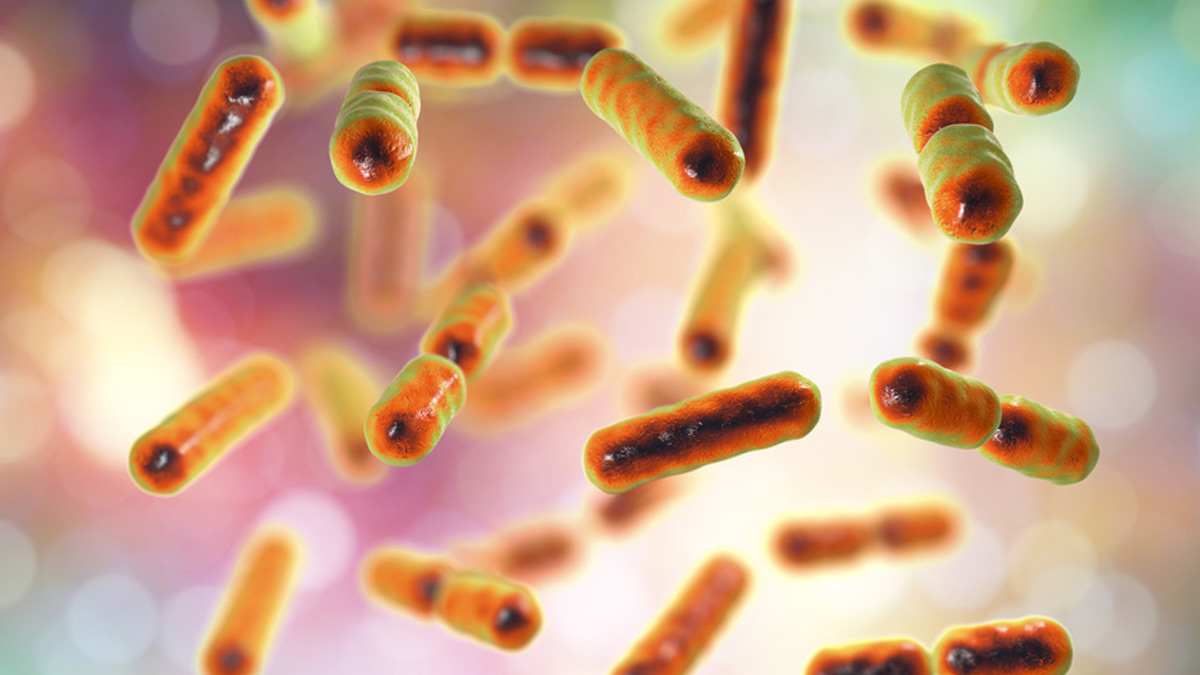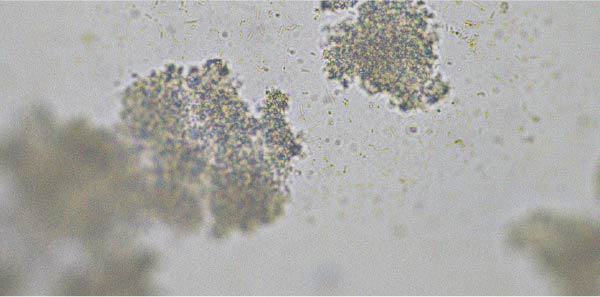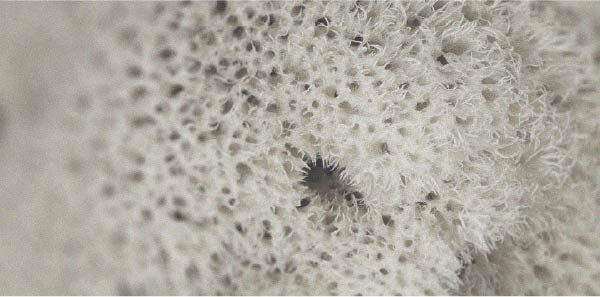Probiotics: What are the Health Benefits?
For some years now, they have appeared to raise interest. Probiotics - a potential remedy for digestive challenges - also seem to offer endless other benefits for human health.

What Are Probiotics?
The WHO (World Health Organization) defines probiotics as foods or supplements that may "contain live microorganisms which, when ingested in sufficient amounts, confer a health benefit on the host".
How do they do this? Probiotics, which actually are bacteria or yeasts, might encourage already healthy balance in gut flora. The many studies conducted on the subject appear to have identified gut microbiota (which contain some 100 billion bacteria) as playing a crucial role, not only in digestive systems, but in health as a whole.
What is the Difference Between Probiotics and Prebiotics?
Probiotics are bacteria and yeasts which may help nourish and stabilize gut flora, while prebiotics can be considered probiotic performance-boosters - they may increase their activity. A kind of 'fertilizer', prebiotics should be found primarily in inulin and fiber (particularly fructans). The symbiotic combination of probiotics with prebiotics may thus lead to improved efficacy and health benefits.
What are the Various Strains of Probiotics?
There are many strains of probiotics, each with different compositions and potential health benefits. One probiotic may help stimulate intestinal transit while another could improve lactose tolerance, etc.
The best-known strains are Lactobacillus, Bifidobacterium, Streptococcus, and Saccharomyces, found in fermented products, but there are many more. These strains are themselves sub-divided into several categories. There are the multiple possible combinations and potential benefits to health.
What are Potential Probiotic Health Benefits?
The many scientific studies conducted in this field over recent years seem to have confirmed probiotics as a possible aid to health, with one of the most discussed areas of study being potential intestinal challenges.
Other Research
Studies also seem to have highlighted probiotics' broader potential for helping to support human health. It seems they may help boost the immune system.
These findings need further research but given the potential virtues of these bacteria, it seems likely that other possible benefits may emerge.
Where are Probiotics Found?
Probiotics may naturally be found in fermented products such as yogurt, kefir, sauerkraut, olives, brewer's yeast, etc. Consuming a diet rich in probiotics (combined with prebiotics whenever possible) is thus one of the possible ways of benefiting from these substances' potential properties.
Supplementation also has advantages, for two main reasons: the benefits gained from the combined effects of different strains of bacteria/yeasts, as well as the fact that probiotics directly reach the gut. It is thought that up to 90% of probiotics - which are effective when they reach the gut, and more specifically the colon - may be decomposed by acidity in the stomach. Timed-release capsules help avoid this because they dissolve only when they arrive in the gut. An additional advantage of supplementation is that it must be taken everyday on a sustained basis in order to be effective, which may not be the case with alimentation only.
Keywords
1 Days
First bottle has been finished
First bottle has been finished. 2 bottles remaining for 3 month time frame trial as recommended
CORCORAN Pamela
6 Days
repeat customer
recommended by my doctor. easy to create an account. Discounts and specials are appreciated. packaging and delivery is dependable. Capsules easy to digest. I've had some some capsules and tablets that are broken inside their bottles.
Kokee
10 Days
Order was shipped on time and packaged…Wonderful Jobs!
Order was shipped on time and packaged excellently.
DMHoge
17 Days
great products and prices
great products and prices
Marie
22 Days
Easy to navigate site
Easy to navigate site, had what I was searching for, good price. easy order-check out
James Tucker
29 Days
My skin is clearing up nicely!
Pretty good for my skin so far.
Christian
31 Days
The new packaging is excellent
The new packaging is excellent - finally! No more squashed boxes and torn envelopes.
GORAN
32 Days
Great Product
Great Product
Larry Garrett
36 Days
Quick shipping
Quick shipping; good price. No issues!
Mary McCarty
37 Days
Thr product is very good and is helping…
Thr product is very good and is helping me on my health. Then is always on time
LUGO Luz
40 Days
Buying was fine
Buying was fine. I had problems with the website not recognizing my login info, and had to call to get it fixed. Other than that, everything was good.
David S. Clark
40 Days
Your super maca and super ginseng are…phenomenal
Your super maca and super ginseng are phenomenal supplements that compliment each other when taking them together. Fantastic feeling of well-being and lots of mid day energy without the crash.
Keith Mason
43 Days
I have had amazing results with every…
I have had amazing results with every supplement I've purchased. I am extremely satisfied with this company
kirstin Torres
43 Days
Fine products
Fine products . They are on the leading edge of online supplements. The only issue -so far-is they sometime run out of subscription items.
Jason Argos
46 Days
The ordering process is very user…
The ordering process is very user friendly and the products always come in a timely manner.
CARTER Rhonda




